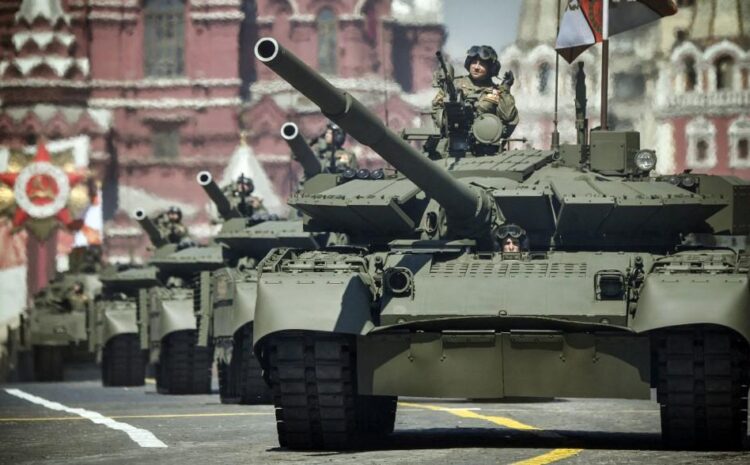The U.S. Plays Watcher On Ukraine Sanctions
Despite the issuance of an Executive Order(“E.O.”) targeting those involved in threatening the peace, security, or stability of Ukraine, as well as those seeking to assert governmental authority in the Crimean region without the authorization of the Government of Ukraine, no parties were designated pursuant to that E.O. This is in contrast to the sanctions issued by both the European Union and Canada which actually targeted a number of people whose conduct likely would have fallen under the new U.S. E.O. Therefore, this E.O. which authorizes the application of sanctions to any individual or entity that is responsible for actions that undermine democratic processes in Ukraine or that seek to threaten the security, or sovereignty of Ukraine, and to parties involved in the misappropriation of state assets of Ukraine or who seek to assert their authority over any part or region of Ukraine without the authorization of the Government of Ukraine, has not yet been applied. Nevertheless, the media has been talking at length about these new “Russian sanctions” and what they mean.
What no one seems to be talking about, however, is the guidance handed down by the Financial Crimes Enforcement Network (FinCEN) on the same day that the E.O. was issued. That guidance directed U.S. financial institutions to apply extra scrutiny and due diligence to any accounts belonging to, or transactions with, those parties designated by the EU and Canada under their respective Ukrainian sanctions actions. The reason for this heightened scrutiny is to monitor for any type of suspicious movements of assets by these individual and report them to the Treasury Department by filing a Suspicious Activity Report (SAR). In other words, without having to actually sanction anyone, the U.S. is maintaining heightened scrutiny on those sanctioned by other jurisdictions.
That’s not surprising, so what is the significance of this move? Well for one if there are any major transfers of assets the U.S. can use that as pretext to impose sanctions on the particular parties involved. This will make a splash publicly, as the U.S. will be seen as invoking their powers under these new “Russian sanctions”, and therefore taking action against Russia for their part in the current Ukraine crisis. However, the action would not be taken in direct response to a Russian action, and likely would not have a drastic impact on any particularly important Russian party. Moreover, a justification would be in place for saying the sanctionable conduct was movement of unlawfully gained Ukrainian state assets. There are two takeaways here. First, even without any additions to the Specially Designated Nationals and Blocked Persons List administered by the United States Department of the Treasury’s Office of Foreign Assets Control (“OFAC”) U.S. financial institutions will now exercise extra diligence in monitoring transactions concerning the new EU and Canada Ukrainian sanctions designees. Second, the U.S. is getting very good at walking the line in applying sanctions so as to maintain flexibility to respond to a host of situations.



